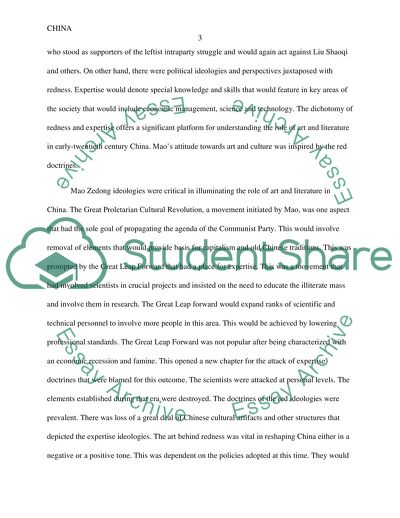Cite this document
(China - Literature, Confucianism, and Revolution Assignment Example | Topics and Well Written Essays - 2250 words, n.d.)
China - Literature, Confucianism, and Revolution Assignment Example | Topics and Well Written Essays - 2250 words. https://studentshare.org/history/1875223-modern-china
China - Literature, Confucianism, and Revolution Assignment Example | Topics and Well Written Essays - 2250 words. https://studentshare.org/history/1875223-modern-china
(China - Literature, Confucianism, and Revolution Assignment Example | Topics and Well Written Essays - 2250 Words)
China - Literature, Confucianism, and Revolution Assignment Example | Topics and Well Written Essays - 2250 Words. https://studentshare.org/history/1875223-modern-china.
China - Literature, Confucianism, and Revolution Assignment Example | Topics and Well Written Essays - 2250 Words. https://studentshare.org/history/1875223-modern-china.
“China - Literature, Confucianism, and Revolution Assignment Example | Topics and Well Written Essays - 2250 Words”. https://studentshare.org/history/1875223-modern-china.


